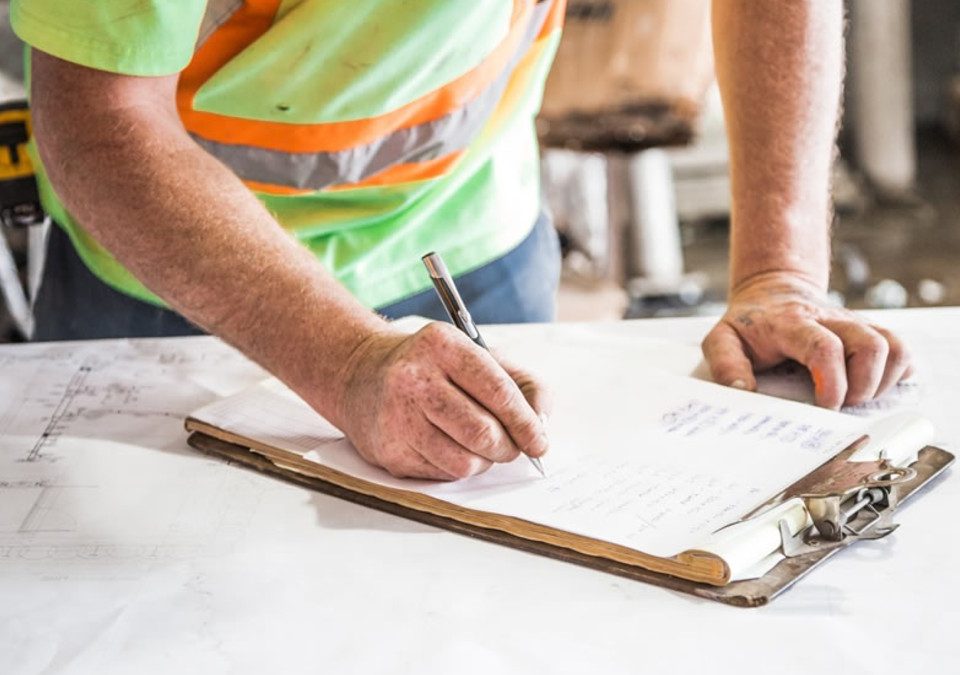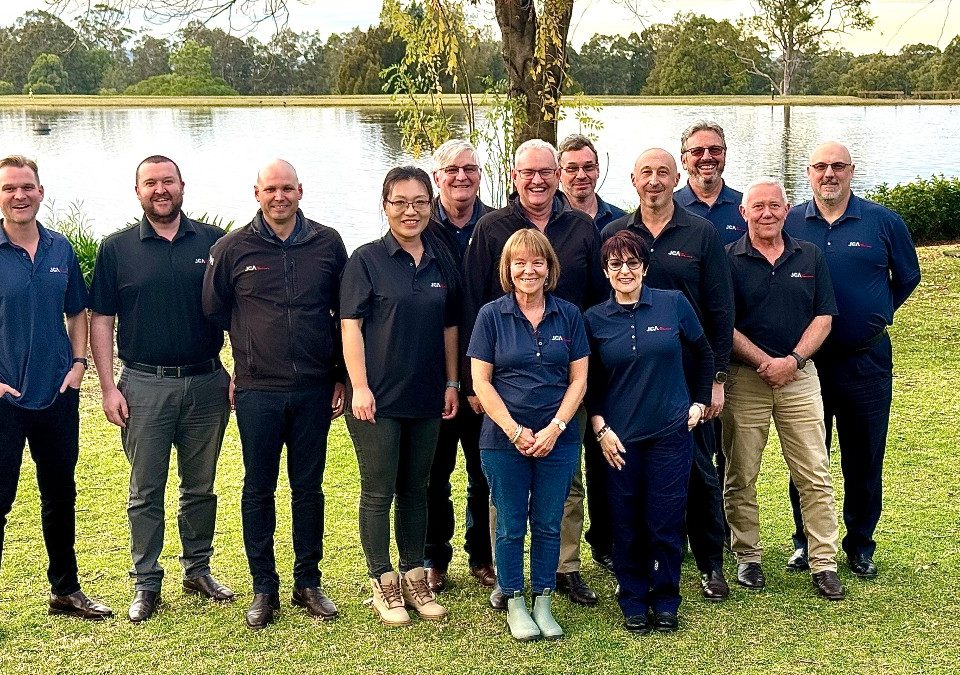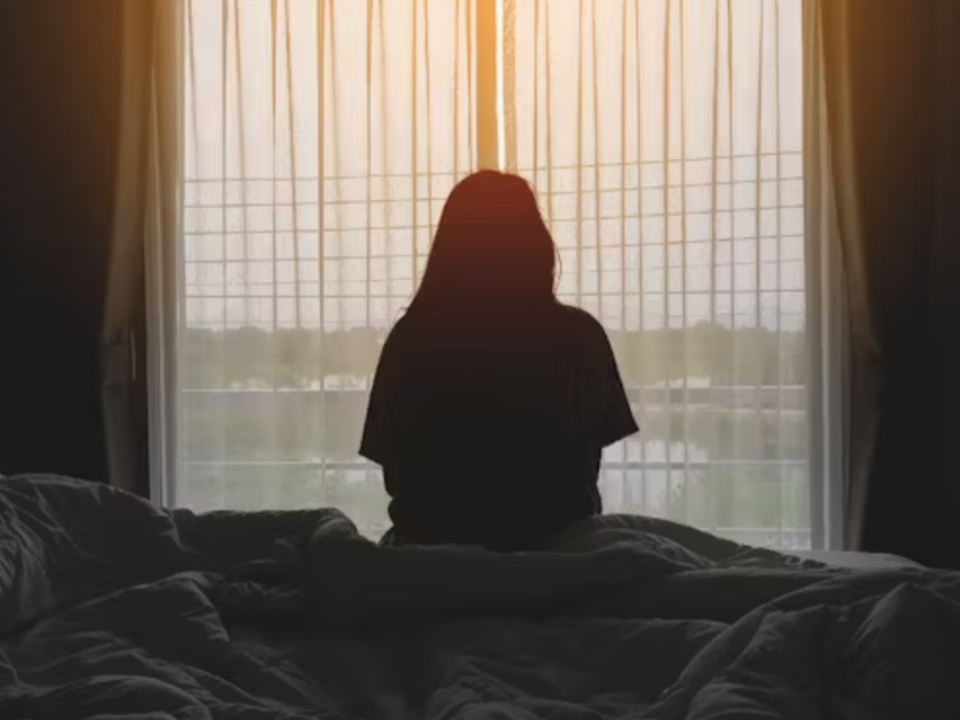News & Insights
June 30, 2025
June 30, 2025
"Clients see that we are not only accredited in our field, but that we are also doing a better job to create a more mentally healthy workplace."
Do you like it?
June 11, 2025
June 11, 2025
The research is in: the wellbeing of leaders themselves is the single most powerful lever for organisational transformation.
Do you like it?
June 11, 2025
June 11, 2025
The transition into late career (and later, retirement) can be one of life's most challenging and disorienting periods.
Do you like it?
June 6, 2025
June 6, 2025
The unexpected loss of a loved one is one of the most common traumatic experiences and, in a workplace context, can lead to low performance or even premature resignation.
Do you like it?
June 5, 2025
June 5, 2025
When organisations provide the tools, support, and culture for dads to thrive in both roles, everyone benefits.
Do you like it?
May 19, 2025
May 19, 2025
How coaching supported one organisation to better understand how they could promote a mentally healthy workplace culture, and reduce risk.
Do you like it?
April 28, 2025
April 28, 2025
Research shows individuals high in PsyCap are more likely to thrive at work
Do you like it?
April 26, 2025
April 26, 2025
How can your organisation adapt to the changing needs of your people?
Do you like it?
April 15, 2025
April 15, 2025
If disruption is here to stay — and all evidence suggests it is — our workplaces need to be far better prepared.
Do you like it?
April 1, 2025
April 1, 2025
In workplaces across Australia, a quiet shift is underway...
Do you like it?
March 18, 2025
March 18, 2025
How Workplace Mental Health Coaching helped JCA Lifts manage psychosocial risk.
Do you like it?
March 12, 2025
March 12, 2025
When an environment is welcoming for everyone, there is less need for people to 'mask' or hide one's true self.
Do you like it?
March 10, 2025
March 10, 2025
Dr Eleanor De Ath-Miller on setting up good habits this World Sleep Day.
Do you like it?
March 5, 2025
March 5, 2025
For the first time a new report has quantified the economic impact of domestic violence on Australian women.
Do you like it?
February 21, 2025
February 21, 2025
Workplaces are starting to recognise the positive impact they can have in supporting women through this stage of life.
Do you like it?
January 14, 2025
January 14, 2025
How Workplace Mental Health coaching helped Online Education prioritise managing psychosocial risks in the workplace.
Do you like it?















